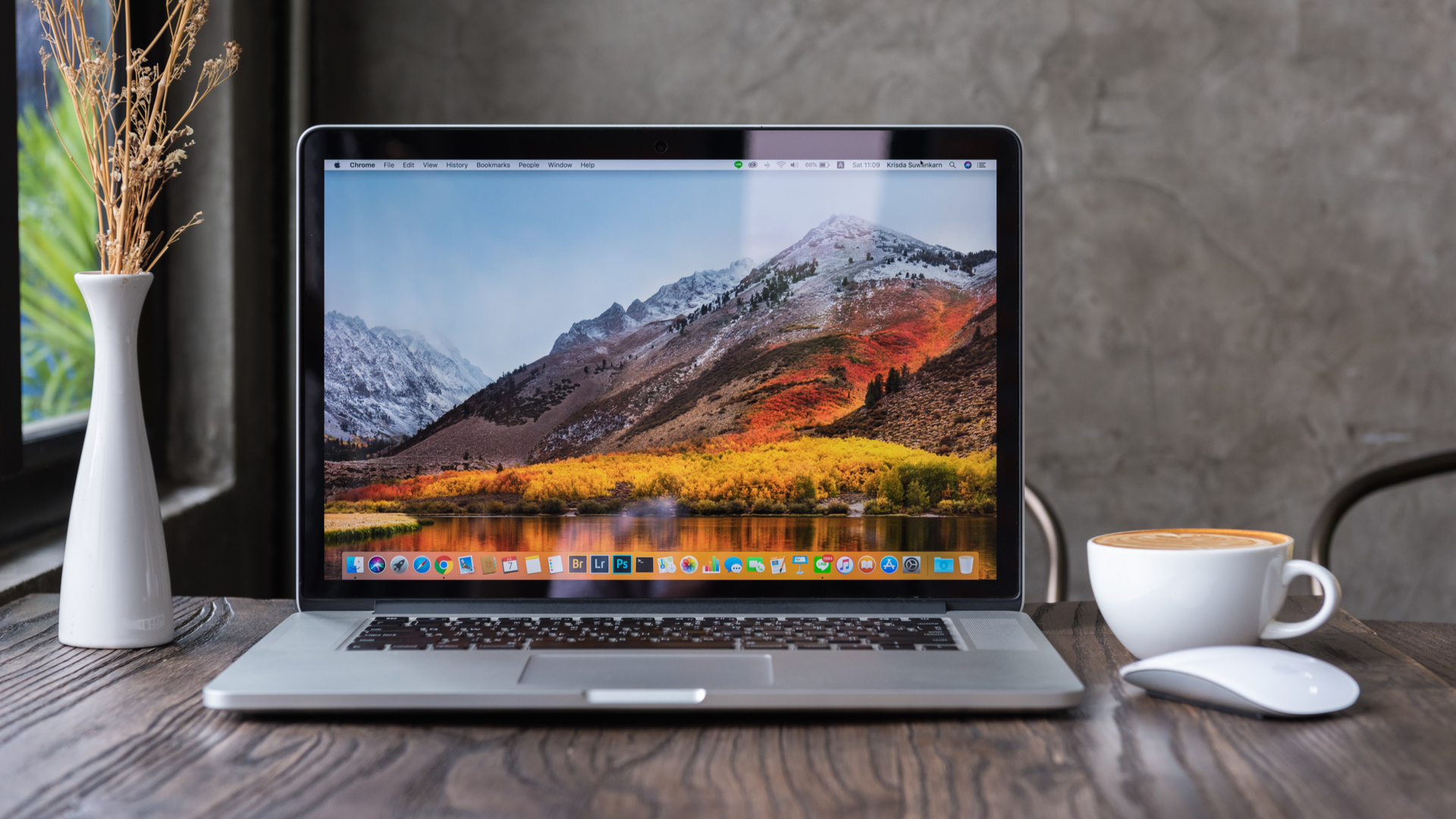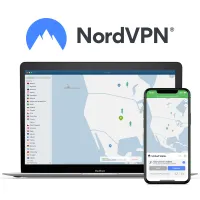Is it legal to use a VPN on my Mac?
Here's all you need on the legalities of using a VPN

If you're a Mac user, you've no doubt considered using a Mac VPN to boost your privacy online and even access extra content from your streaming subscriptions. However, while they can be very useful, many users are worried that there may be legal implications of using a VPN.
While there's nothing inherently illegal about using a VPN, there are a few things to be aware of if you're concerned about staying within the confines of the law. Here, we run these down, and explain how to avoid them.
- Setup VPN: our comprehensive guide for all devices
VPNs are entirely legal
The first thing to clarify is that it’s completely legal to access the internet through a VPN, so you don’t have anything to worry about if you download one. This is the case whether you’re using the VPN on an Apple device, Windows, iOS, or Android device (or anything else).
VPNs are simply a way to redirect internet activity and keep it private from third parties – there’s nothing illegal in that practice. That said, it’s true that a small number of countries have restrictions on VPN activity that you should know about before traveling if you’re planning on using the internet – the big ones being China, Russia, Turkey, Iraq, and the UAE.
VPNs don’t make illegal activity legal
Just because you’re using a VPN, that doesn’t mean that any illegal activity won’t be considered illegal. While the presence of one might make you harder to track, numerous criminals have been apprehended despite their use of a VPN.
Whether you’re using a VPN or not, you should always look into any local laws and regulations before doing anything that you think might be illegal. Your provider won’t be responsible for any illegal activities that you perform while using their VPN.
This includes making illegal purchases, downloading copyrighted content, stealing the data of others and just about any other online crime you can think of. If whatever you’re doing isn’t acceptable without a VPN, a VPN doesn’t change anything.
Some countries impose their own restrictions
As mentioned, it’s entirely legal to use a VPN in the US, UK, Canada, Japan, and most other countries worldwide. However, a small number of countries heavily restrict online activity, so it’s vital to be fully informed of the risks before using a VPN in certain locations.
China, Russia, Turkey, Iraq, and the United Arab Emirates are a few of the largest countries that restrict VPN activity. While VPN technology is not itself illegal and convictions for using VPNs are relatively uncommon in these locations, if you’re planning on visiting a country that has any laws regarding VPN uses (or if you live in one, for that matter), make sure you know any rules and weigh up whether it’s worth the risk.
Which VPN do we recommend for Mac users?
Mac users have great options when it comes to VPNs, with several providers offering excellent performance and outstanding value. While there isn’t a single “best” service for every use case, ExpressVPN is our top recommendation for most users.
NordVPN – The very best Mac VPN
NordVPN is my top-rated Mac VPN thanks to its comprehensive security suite, including extras like a built-in antivirus, ad & malware blockers, and a password manager. All Nord apps are simple to use, and there’s no shortage of support, either.
With incredibly fast speeds and tons of servers that are perfect for unblocking global content, it's one of the best services when it comes to streaming. If you're not sure it's for you, prices start from less than $3.50 a month, and you can trial it out with the 30-day money-back guarantee.
- Save big money with the VPN Black Friday deals
- Amazon users should have a look at the best Fire Stick VPN
- For a full walkthrough, see our guide on how to download NordVPN
Get instant access to breaking news, the hottest reviews, great deals and helpful tips.

Alex is a freelance writer based in New York who has previously covered a diverse range of different topics from parenthood to personal finance. His area of specialism for Tom's Guide is in VPN services and he aims to provide insightful, actionable content that can help consumers make the right decisions about which services to use and why.

